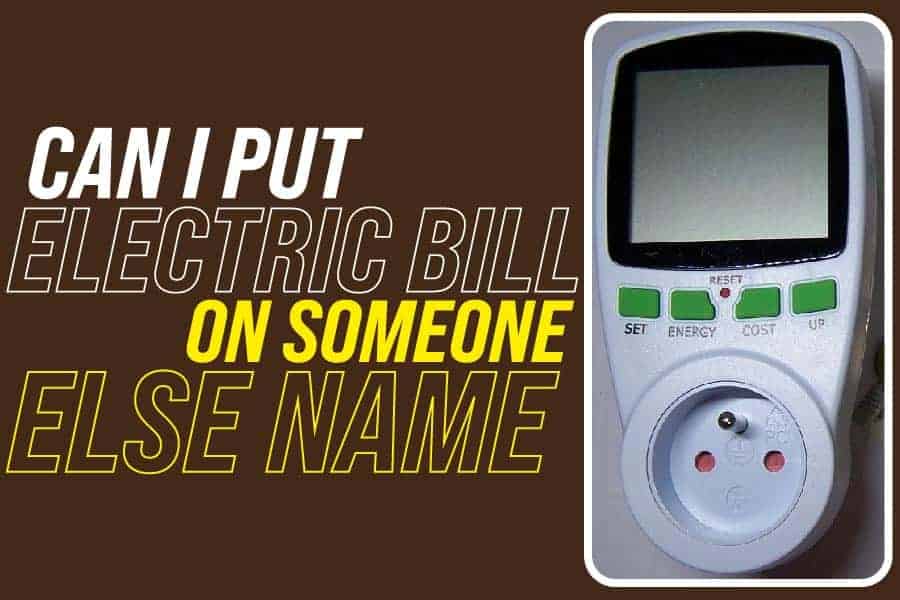Paying bills on time is an important part of financial responsibility. Of all the bills you receive each month your electric bill is one you definitely don’t want to pay late, since an interruption in electric service can be catastrophic. But how long do you actually have to pay your electric bill before it’s considered late? Here’s what you need to know.
When Your Electric Bill Is Due
Most electric companies issue bills every month. The billing date is typically tied to when your meter was read, which happens around the same time each month.
You’ll usually receive your electric bill within a few days of the meter reading. The due date printed on the bill gives you a specific date by which payment must be received, generally 20 to 30 days after the billing date.
So if your meter is read on the 15th of each month, you’ll likely get your bill by the 20th and the due date will be in the first week or so of the next month
Grace Period Before Late Fees Apply
Most electric companies don’t immediately consider your account delinquent if you miss paying by the due date. There is usually a grace period that gives you a bit more time before late fees kick in.
The extra time can be different for each electric company, but it’s usually 7 to 10 days after the due date. If you don’t pay your bill until the 15th even though it’s due on the 5th, you might not have to pay a late fee.
However, once you go past that grace period, you will likely start accumulating late fees. These fees are typically around 1.5% to 5% of your total bill.
When Service Could Be Disconnected
While a late payment usually doesn’t cause service to be cut off right away, not paying your electric bill for too long can eventually cause your power to be turned off.
If you don’t pay your electric bill by the due date and it’s been more than 30 days, your electric company will probably send you a disconnection notice. This notice will tell you that your service will be cut off if the amount that’s past due isn’t paid by a certain date.
This notice gives you a last chance to pay before the electric company sends someone out to physically disconnect your service. The actual disconnection could happen anywhere from a few days to a couple weeks after the notice date, depending on your provider.
Some electric companies may reach out by phone or email to try collecting payment before resorting to disconnection. But once you receive that shut-off notice, you’ll want to act quickly to avoid losing power.
Options If You Can’t Pay on Time
If you’re struggling financially and realize you won’t be able to pay your electric bill by the due date, don’t just ignore it! Call your electric company right away and explain the situation.
They may be able to offer options like:
- Payment plan – Set up installment payments to pay off your balance over a few months
- Payment extension – Get a new due date several weeks out
- Balance forgiveness – Have a portion of the amount owed waived
- Budget billing – Pay a fixe

This Will Help YOU Save THOUSANDS On Your Electric Bill!
How late can you be on an electric bill?
How late can you be on electric bills before there are consequences? Most electric bills are issued 21-days after a meter is read. Once the electric bill has been issued, a 30-day grace period is given to allow the homeowner to pay the bill.
What happens if I pay my electric bill late?
As for your credit, it may be affected by late electric payment (s). Just how late you can be usually varies depending on the electricity company. If you are paying electric bills late regularly or even once, you should contact your provider. If needed, they may be willing to adjust your due date to help you make on-time payments.
What if I can’t pay my electric bills on time?
If you cannot pay your electric bills on time, you should contact your provider. Some providers have payment assistance programs in place or may be able to connect you with government assistance. You can also apply to the LIHEAP to see if you can receive service.
When does an electric bill become past due?
Shut-off notices issued by energy companies can occur when an electric bill becomes past due. An electric account typically becomes past due 30-days after it is issued. A shut-off notice most likely will be sent to the residence before the energy company sends a technician to the property to enforce the shut-off notice 3.
